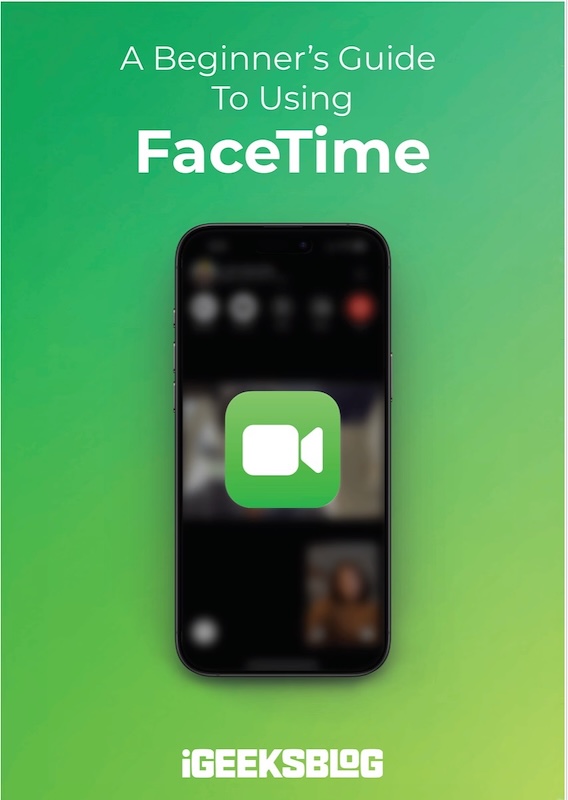
FaceTime Like a Pro
Get our exclusive Ultimate FaceTime Guide 📚 — absolutely FREE when you sign up for our newsletter below.

FaceTime Like a Pro
Get our exclusive Ultimate FaceTime Guide 📚 — absolutely FREE when you sign up for our newsletter below.
Masimo is taking U.S. Customs to court over Apple Watch blood oxygen monitoring. The lawsuit challenges Customs’ approval of Apple’s redesigned workaround.
Apple quietly reintroduced blood oxygen monitoring on the Apple Watch this week with iOS 26 beta 7 and watchOS 26. But the move has triggered fresh legal friction, not directly with Apple, but with the U.S. Customs and Border Protection (CBP). Medical device company Masimo has now taken Customs to federal court, accusing the agency of improperly clearing Apple’s workaround.
The conflict dates back to Apple’s first rollout of blood oxygen tracking on the Apple Watch. Masimo, a longtime leader in pulse oximetry, argued the feature infringed on its patents and launched a series of lawsuits.
Apple’s troubles deepened in December 2023 when the U.S. International Trade Commission (ITC) ordered an import ban on certain Watch models. Apple initially pulled the Series 9 and Ultra 2 from sale in the U.S., later resuming shipments with the hardware intact but the oxygen function disabled in software. That compromise kept the products on shelves, though without one of their headline health metrics.
Earlier this month, Apple said it had “redesigned” the Blood Oxygen capability to sidestep the trade ruling. Instead of calculating oxygen saturation on the Watch itself, the sensor now sends raw data to the paired iPhone for processing. On August 1, CBP signed off on the change, giving Apple the green light to resume shipping Watches with the feature enabled.
That quiet approval meant Apple could bring the capability back without waiting for its broader appeal of the ITC decision, which is still tied up in the Federal Circuit.
Masimo is now challenging CBP’s decision. In a lawsuit filed August 20 in Washington, the company argues Customs exceeded its authority by reversing course without a formal review or notice. Masimo says it was shut out of the process and only discovered the approval two weeks later, when Apple publicly revealed the feature’s return.
The filing asks the court for an emergency order that would reinstate the ITC’s original import ban, which required Apple to fully disable the feature on Watches sold in the U.S. Masimo contends that Customs’ ruling “effectively nullifies” the ITC’s authority and undermines patent protections that prevent larger companies from undercutting smaller rivals.
If Masimo succeeds, Apple could once again be forced to ship Watches with the oxygen sensor permanently disabled, even as it pursues its own appeal of the ITC ruling. Masimo argues that every day the feature is available causes irreparable harm to its business.
The result is an unusually tangled standoff: Apple trying to keep a health feature alive, Masimo fighting to defend its intellectual property, and regulators caught between competing rulings. The next federal court decision will determine whether Apple’s modified feature can stay in use—or whether the ban makes an abrupt return.
Would Apple Watch buyers actually notice the difference, or does Masimo have a point about long-term competitive harm? Share your take in the comments below.